
The jurisprudential views belonging to the proponents or opponents of the late payment penalty should be viewed. In 1982, the sources of emulation objected to the late payment penalty, and it was announced illicit and removed from the state laws; in the meantime, banks faced with an abundance of late payments, as they didn't received the penalty of late payment, and as a result, a consideration [fee] substituted the late payment penalty.
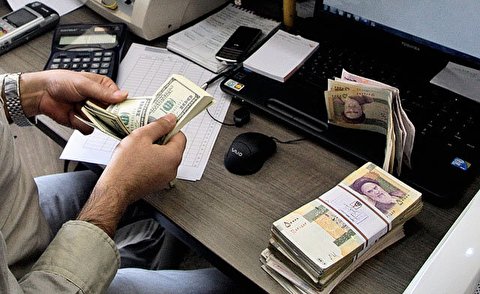
In 1983, Imam Khomeini, Ayatollah Golpaygani, Ayatollah Marashi Najafi were the sources of emulation; the legislation was given to them and verifying it, they said that the Act is according to the Islamic Jurisprudence, especially the Imamiah Jurisprudence (Shiite Jurisprudence), and six month later, it was given to the government and the central bank in order to prepare the regulations and instructions appertaining to this law, and it was implemented unanimously in 1984.

Shahid (Martyr) Ayatollah Sadr provided a non-usury model of banking, the model requires the bank to draw up the deposit contracts based on a contract giving the bank the power to act as the attorney of the people instead of being based on borrowing/lending with interests; moreover the said contract regards the borrower who pays the interest as a depositor.

Regarding the four principal concerns of the fictitious transactions, banking interest rate, late payment penalty and working for the banks, the he member of the Jurisprudential Council of the Central Bank said, “The interest rates in Iranian banks are generally the outcome of the state’s major economy, and the high interest rates impacts the inflation rate, and though it is a concern of the esteemed sources, the existing conditions should be considered; no bank is satisfied regards high rates of interest favorable.”

Ms. Naima Islmloo, a researcher in the field of modesty and Hijab, and the chairwoman of Khaybar nongovernmental Institute, through a talk on the issue of Hijab and its impairment in the country, said, “Our children have fallen victims to such improper planning. The children and adolescences who haven’t learn how to manage the sexual desire.”

If we observe the conditions of the past few years, it suggests that people have conducted a bigger share of work on the issue of Hijab. However, it is not surprising do their pioneering efferts in the rise for the establishment of the Islamic Revolution and in the holy defence.
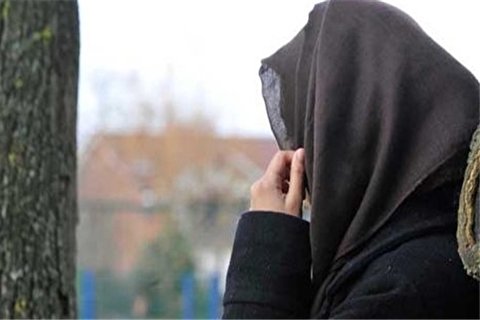
A researcher in the field of modesty and Hijab, saying that Hijab is the symbol of the Islamic civilization in the face of the Western culture, maintained, “Much more significance is attached to the issue of Hijab by the enemy than us, and it has invested on this point.

Aristotle regards the language as a conventional relationship, however, according to Plato, there is a natural relationship between the signifier and signified.
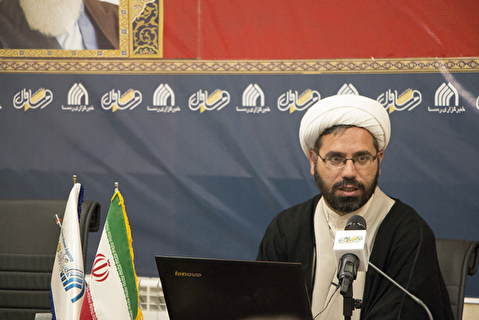
The study of signs was started through the rise of semiology and semiotics; though there are some substantial discrepancies between them. Charles Sanders Pierce called this science semiotics, yet it was named semiology by Ferdinand de Saussure.
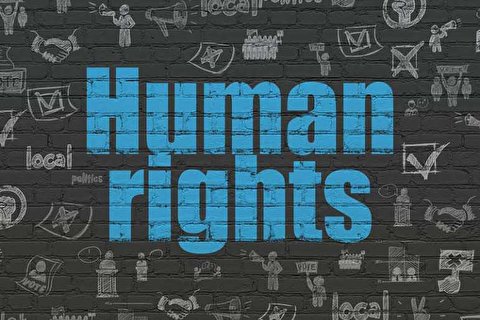
In addition to the general and principal issues around the human rights, there are some differences between human rights and jurisprudence over some minor issues as well as the determination of the meaning/example.
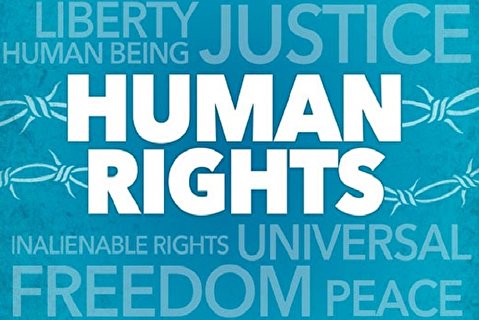
The topic of “The jurisprudence and human rights” is broader than the jurisprudence of human rights itself.

Hujjat al-Islam Islami Tanha said, "As we enjoy the legacy of the Heavenly Revelation, we can afford to develop this fundamental model of man-God-other communications to other sorts of communications."
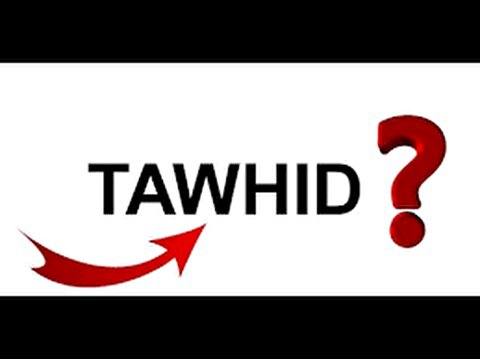
Hujjat al-Islam Islami Tanha, said, “The first is the model of Communication as Action; it was initially introduced by Shannon and Weaver in the middle of the 20th century. They worked for Bel Company, and accordingly they proposed their mechanical model.”
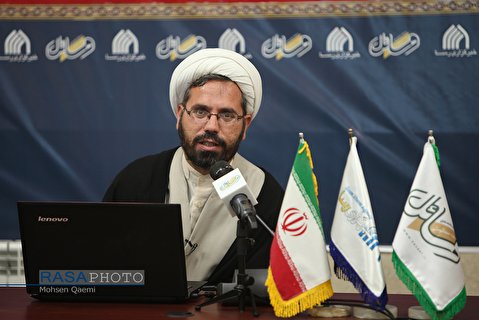
Secularism is the counterpoint against the Heavenly Divinity, as the Heavenly Divinity requires the obedience to the Heavenly will on all areas of the life.

If the jurisprudence of culture is generated hastily, many problems will raise, and the generated principles will bear some bitter consequences instead of effective results. The consequences and effects of the fatwa/s issued to the society can’t be neglected.

For the deep analysis of the social issues such as media, the first and foremost step is the verbal theorisation about the society (religious sociology); the second is the development of a jurisprudential theory within the society as the topic of the jurisprudential principle on the society; and the third step is self-attention (the jurisprudence of the society).

The gender-related differences, like other differences of the creatures, are evidence of having different positions; God has created two creatures with two different attributes, and due to their competences, they have a separate share of the wisdoms.

The axial question around the media and religion is that “Whether should the media be considered as a Heavenly and religious tool or is it secular and non-religious in essence?”

Hujjat al-Islam Muballeghi said, “The philosophy of existence of law is that it is supposed to generate the needed, desired and rational items and to obliterate bitter issues and social harms”.

Catastrophes are what caused by the wrath of God, and they show that the promotion of the society has stopped. Accordingly, Sahifa Sajjadia seeks refuge in God against their infliction upon the society and individuals.



















